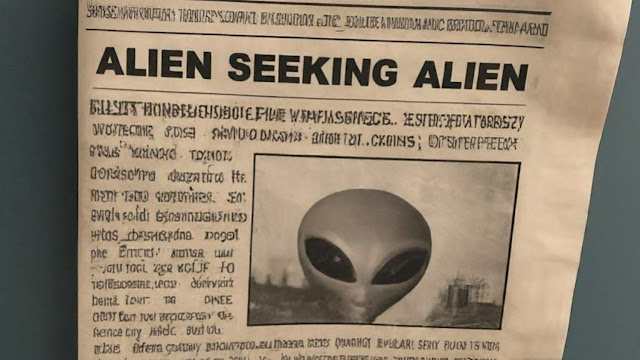
When I was in ________ grade, our ________ asked us to start ________ a dream journal. It was a simple enough ________. Some ________ had more trouble with it than others, because some ________ just don’t remember their ________ as well. I’ve never been one of those people. I remember my dreams vividly, though I wouldn’t call that a gift. They aren’t frightening most of the ________, but they are boring. It was during the other students’ ________ that I realized everyone else dreamed of ________ things, like a world in negative colors, or having ________ for feet, and ________ for hands. I just dream about ________; about regular daily life. I wake ________, drink some ________, go to work at a boring ________, come home, eat alone, and go back to ________. Or sometimes I come ________ to a family, or a ________, or a bird. It’s never the same ________, but it’s never exciting either. I’m not myself in my dreams, but ________ else, and I don’t even think the same someone else, because I keep taking ________ routes to different jobs. Fortunately, I wasn’t the first to do my ________, so this gave me enough time to fib. I made up ________ that were more fantastical and interesting, because no one wanted to hear the true ________ if they were going to be that sad and ________. After that, I moved on with my life, but I would continue this ________ of making up my dreams, instead of relating the real ones to ________. It’s not like the subject came up a lot, of course, but people did ________ ask me about them, and I got used to the lying. I got so ________ at it that when it came to figuring out what I wanted to do with my life, being a ________ writer made the most sense. Things were going ________, I wasn’t the most famous ________ in the ________, but I was making a ________ living sending short stories to various ________ magazines. I kind of made it my thing to claim that my work was inspired by my dreams. I don’t think there’s any legal issue with that. I hope not, at least. One ________, I even slipped in one of my real ________, just to see how it would be ________. It didn’t get great ________, but they actually weren’t that bad. There were just fewer of them this time, because fewer ________ were ________ in providing their ________. It was only an ex____, so that’s fine.
Anyway, my critics and ________ aren’t the only people who get a hold of this story. A ________ contacts me, demanding to know how long I’ve been ________ on him. I tell him I’m doing no such thing, that I don’t know who he is, but he’s not ________ it. He starts ________ my latest story, which...whatever, anyone can do that, but then he adds details that I never released to the public, because they’re even more ________ within the boring. He mentions the ________ of his briefcase, and the look of the novelty clock in the ________. This ________ was somehow in my dream, and I have to find out how the hell he did it. So against my better ________, I agree to meet him at his apartment two ________ over. It’s not just familiar, it’s exactly the same ________ I saw in my dream. He takes me back down____, and down the ________, and all the way to where he ________. I’ve seen it all before, this is from my dream. We continue on our ________ through town, trying to work out what’s going on together. I start to realize everything feels ________. All of my dreams, though no two are the same; they all apparently take ________ in this same town. I think at any ________ I will wake up, and this will also turn out to be a dream, but I never do. I go back ________ to consult my ________ journal, and I start mapping out the ________. Then I return to this town to meet other ________ whose lives I’ve borne witness to. They all exist, they’re all ________. Then we go deeper, and check the ________. I’m not just watching other people’s ________, but events that would not happen to them for another ________ days. I can see the ________, but only in this one town, and that’s what makes it the least impressive power I’ve ever heard of, because the more time I ________ here—as fascinating as the ________ itself is to investigate—the more bored I become.







